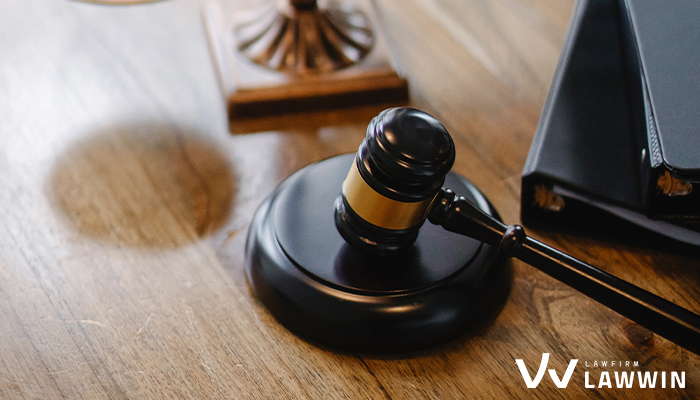
#1 Story of 3 year-experience lawyer
A lawyer whom I met for the first time at a ceremonial meeting told a story of his favorite senior lawyer (A). A was my college classmate, and the speaker didn't seem to know the relationship between me and A. According to the speaker, lawyer A, who is two years older than him, said to him while he was diligently searching for precedents to resolve the case that “Why are you only looking at the precedents like that? If you brainstorm the fact of the case you can understand everything but why you are looking looking for precedents?”
Of course, when the junior lawyer shared the story did not mean to criticize A. If I was A, I would have done the same so I did not need a plea for A but just answered with a slight smile
#2 Story of a chief judge
When I faced difficulties while studying, I usually call my college friend (B) asking for help with books. B, who started a lawyer career after retiring from a high-ranking judicial position a year ago shared to me an anecdote about the chief judge that he used to work together. It is said that while presiding over a difficult case, B found the judgment of the Supreme Court for a similar case in the library and reported it to the chief judge.
The chief judge honestly praised B and admitted that he was unaware of the existence of the judgment and said “But is the judgment appropriate for our case?”. When B said yes, the chief judge said, “by the way, is the decision of Supreme Court correct?”. B said to me he reflected on this story during nearly 30 years serving as a judge.
#3
Recently, my university had to file an important lawsuit. In order to prepare for a case, I invited several law firms to explain the matter, but without exception, the firms refuse to take our case saying, “there is a precedent that....”, I thought they were all competent in that they were well versed in precedents, but I was quite surprised that none of them said they would break the unfair precedents.
When I teach students at universities, I sometimes get confused about whether Korea is a country of civil law based on written law or a country of common law that follows the principle of precedent. In the law school system, the number of precedents to be learned is incomparable to that of the Judicial Research and Training Institute system in the past. Therefore, students have a strong tendency to understand and embody rather than cultivate critical thinking about precedents. When they graduate to deal with legal issues, most cases can be resolved with the knowledge of laws and precedents that have been issued in the past. However, when existing precedents are no longer valid or new cases arise due to changes in the legal environment, that knowledge can be a burden. The situation in the legal profession is no different. Although a review of precedents has been published, existing precedents should be understood and structured rather than criticized. I wonder if imagination and creativity are considered forbidden in law.
When legal certainty is added to a judgment and has de facto normative power, it becomes a precedent. But basically, in the civil law system to which Korea belongs, a judgment is only a conclusion to the dispute. In that regard, the 3 year-experience lawyer (A) said “Is it necessary to stick to the precedent?” and the chief judge in B’s story asked, “Is the Supreme Court’s judgment correct?”. This is precisely the significance of the precedent. Blind trust in precedents is likely to lead to ‘absence of thinking’ beyond ‘avoidance of legal concerns’. I think that reading a lot, writing a lot, and writing a lot is a necessary virtue for scholars and lawyers. If you find a precedent that fits your thinking through legal reflection, you will be able to confirm that your thinking has been verified. On the other hand, if the result of the contemplation is different from the precedent, think again, and if it is not correct, carefully think that the judgment may be wrong.
In Franz Kafka's short story “Before the Law”, there is a rural man who is growing old by obeying the command to just wait even if he complains to the gatekeeper who guards the “Gate of Law” to let him in. Without the acceptance of the gatekeeper, even if the man can enter the next door is guarded by a much stronger and more fearful gatekeeper. The man cannot find the courage to enter the gate, hesitates, and dies. Before dying, to answer the old man’s last question, the gatekeeper said “Here no one else can gain entry, since this entrance was assigned only to you. I’m going now to close it.
The story of Kafka is esoteric and can be interpreted in various ways, but I want to understand the man in the story as a passive lawyer who is blocked by existing precedents and cannot enter the “gate of the truth”.
The interpretation of a young man Jesus, who argued that “the Sabbath was made for man, not man for the Sabbath”, to the Jews who did not fully understand the spirit of “Sabbath rest” and was obsessed with it, is still valid for more than 2,000 years.
Reference: Nam Hyong-doo, Dean of Yonsei Law School, https://m.lawtimes.co.kr/Content/Opinion?serial=173563










